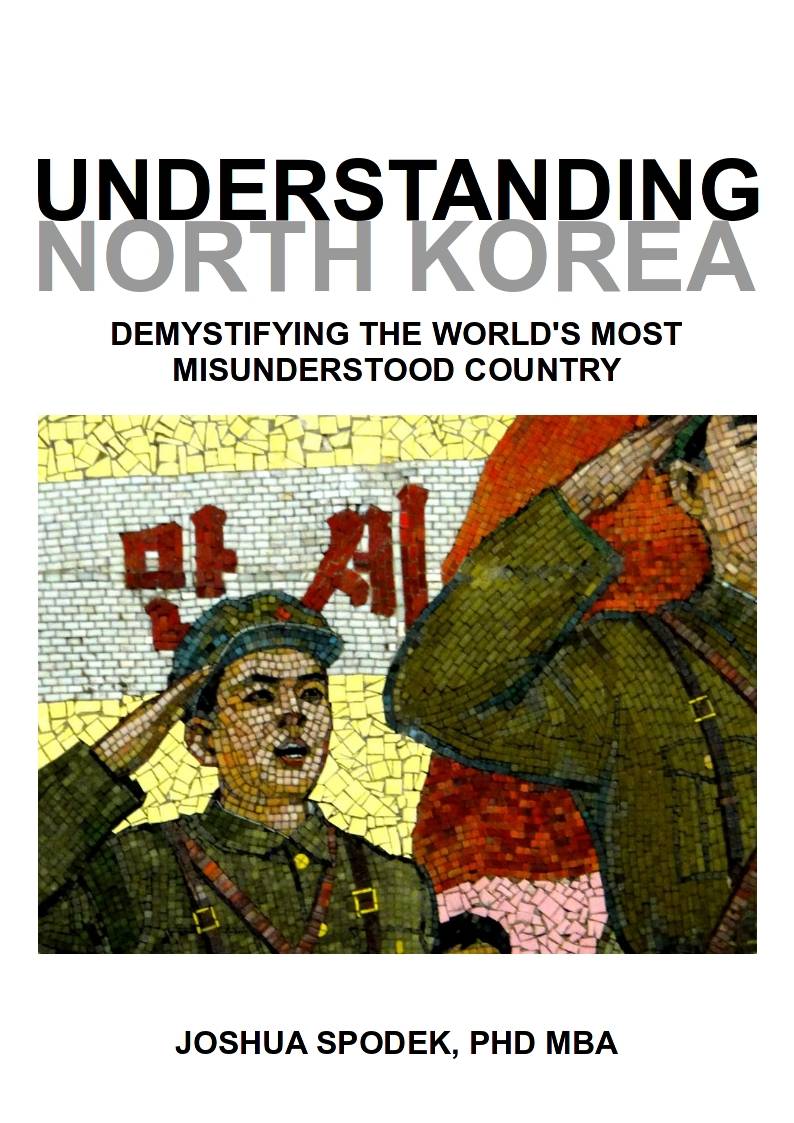I’ve written at length on this page on how I think direct interactions between North Korean people and people from the rest of the world increase communication and understanding between the two groups. I mentioned in my post on the ethics on visiting North Korea that I expect increasing tourism will open the country.
I think such interactions could change North Korea, mainly by bringing new information to the population.
The North Korean people comply with their government’s systems, effectively supporting it. The government creates that support with propaganda.
The histories of North Korea, its leaders, South Korea, and the United States that the North Korean government tells its population differ from those the rest of the world understands. I don’t know which stories are correct — only that those of most of the rest of the world seem consistent with each other and those of the North Korean government seem inconsistent with them.
I expect the North Korean government will do its best to resist any conflicting information to enter its borders. It recognizes that if its population learns of these discrepancies and decides finds its government’s stories not credible, the people will have reason to rebel. It will probably never be able to contain information once it arrives.
Therefore it will prevent any outside government or organization from any activities that could bring such information in.
What’s left?
Individuals.
How can individuals change things? I suspect there has to be enough of them and the North Korean government would have to allow them to enter.
Why would the government allow foreigners to enter?
The only reasons I can think of are that these outsiders brought enough benefit with them to make the risk worth it. I don’t have experience in these matters, so my imagination is limited, but I came up with only a few options. I think programs in the following areas could create meaningful communication with the North Korean people while not raising the ire of the government, potentially leading to long-term change.
- Tourism
- Arts and culture
- Sports (not institutional)
- Education
- Small scale trade
Again, not earth shattering, but I think if enough outsiders put efforts into creating such programs, they could make headway. After some time, these programs might become widespread enough to foster meaningful personal communication and possibly interdependency.
Programs I don’t think would help because I think the government would either resist or co-opt them:
- Institutional sports, like involving FIFA or the NBA
- Covert programs of bringing information in
- Religion-based programs
- Government-based programs
- Big-business scale trade
—
EDIT: I included much of this post and this series on strategy (edited and polished) in my ebook, Understanding North Korea: Demystifying the World’s Most Misunderstood Country. I wrote the book to help increase understanding, communication, and freedom.


Pingback: North Korean strategy: starting points for successful change | Joshua Spodek